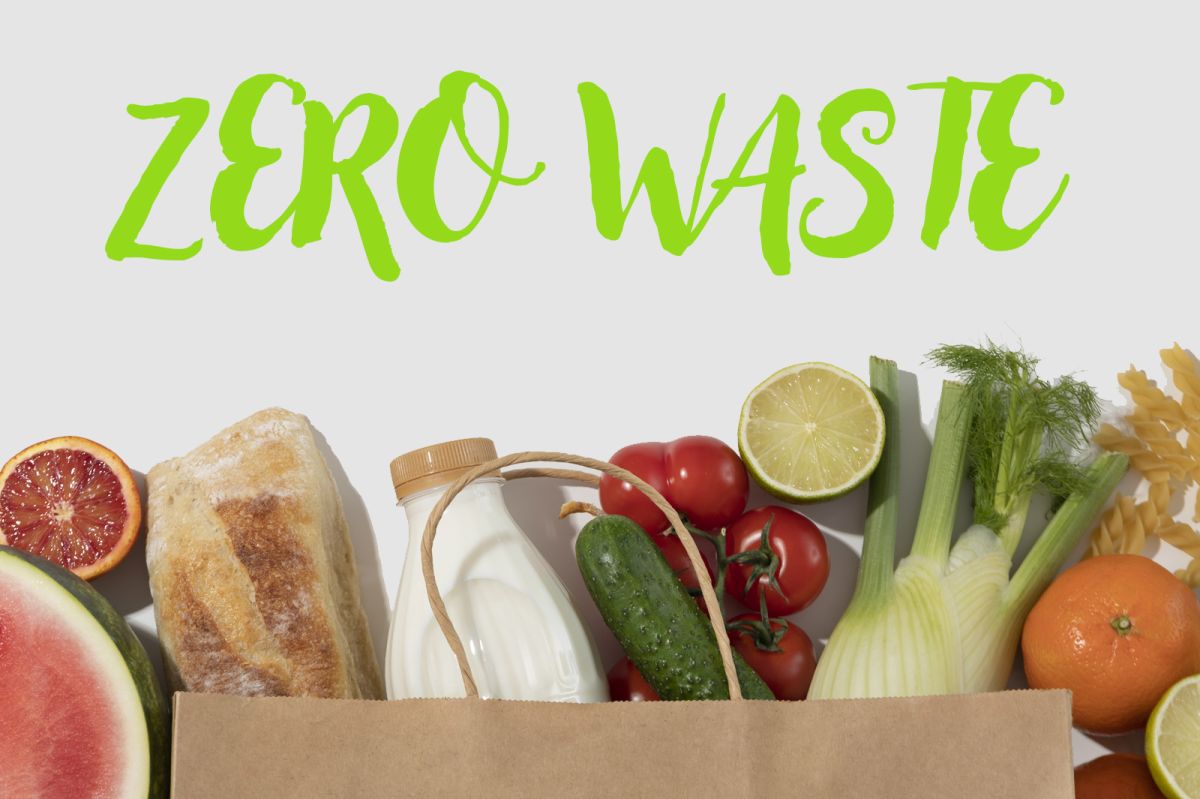Tackling food waste means tackling climate targets

But the savings aren’t only felt in our pockets, according to Minister for Agriculture, Food and the Marine, Charlie McConalogue, speaking as part of National Stop Food Waste Day 2023, which takes place this week (March 1): “Tackling food waste is one the most effective solutions in tackling our global climate targets. It is good for the environment and good for the pocket,” he said.
“Being more aware of what food we are most likely to waste is an important first step in reducing every household’s food waste. EPA research shows that bread, fruit and vegetables are most likely to go to waste.”
The most recent EPA published estimates indicate that Ireland generated approximately 770,316 tonnes of food waste in 2020: 31 per cent from households; 29 per cent from the processing and manufacturing sector; and the remainder coming from restaurants and foodservice (23 per cent), primary production (9 per cent), and retail and distribution (8 per cent).
Will you take the Stop Food Waste Challenge?
The focus of this year's National Stop Food Waste Day is to invite people to take the Stop Food Waste challenge to:
- Find out what food you waste the most;
- See where you can make savings on your food bill; and
- Reduce the food you waste the most by:
-
- Buying less;
- Storing better;
- Eating;
- Freezing.





